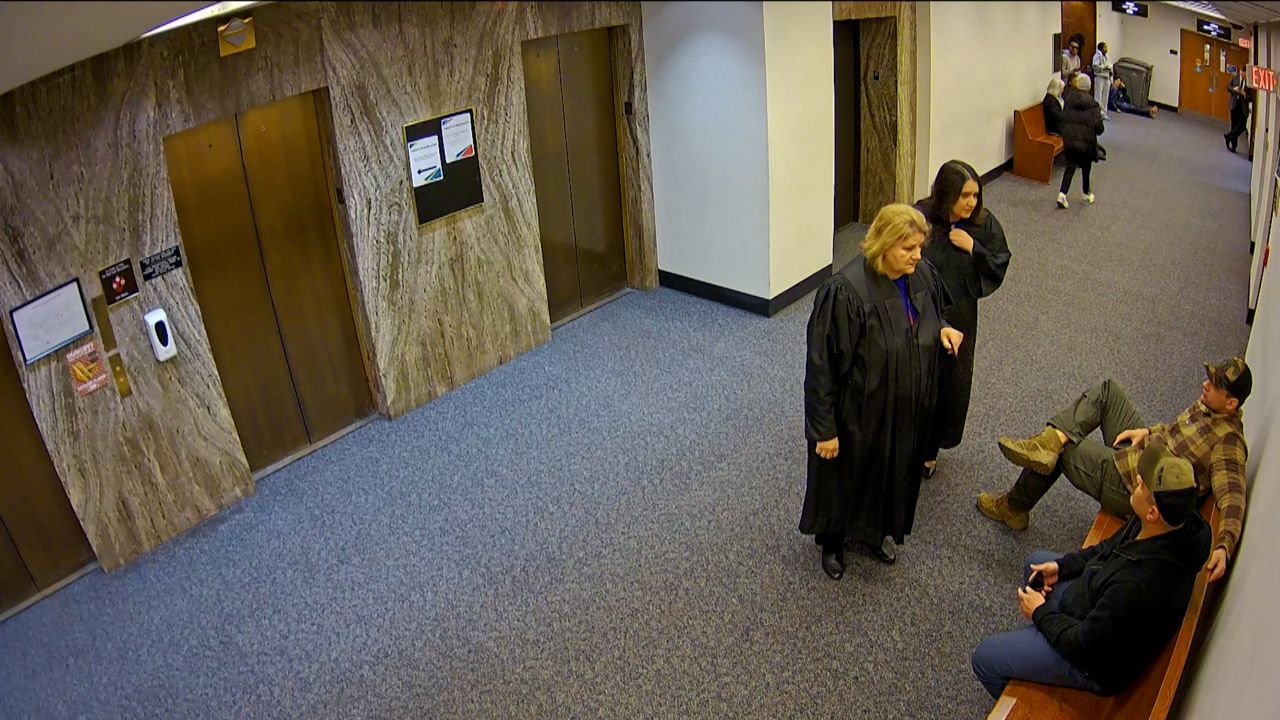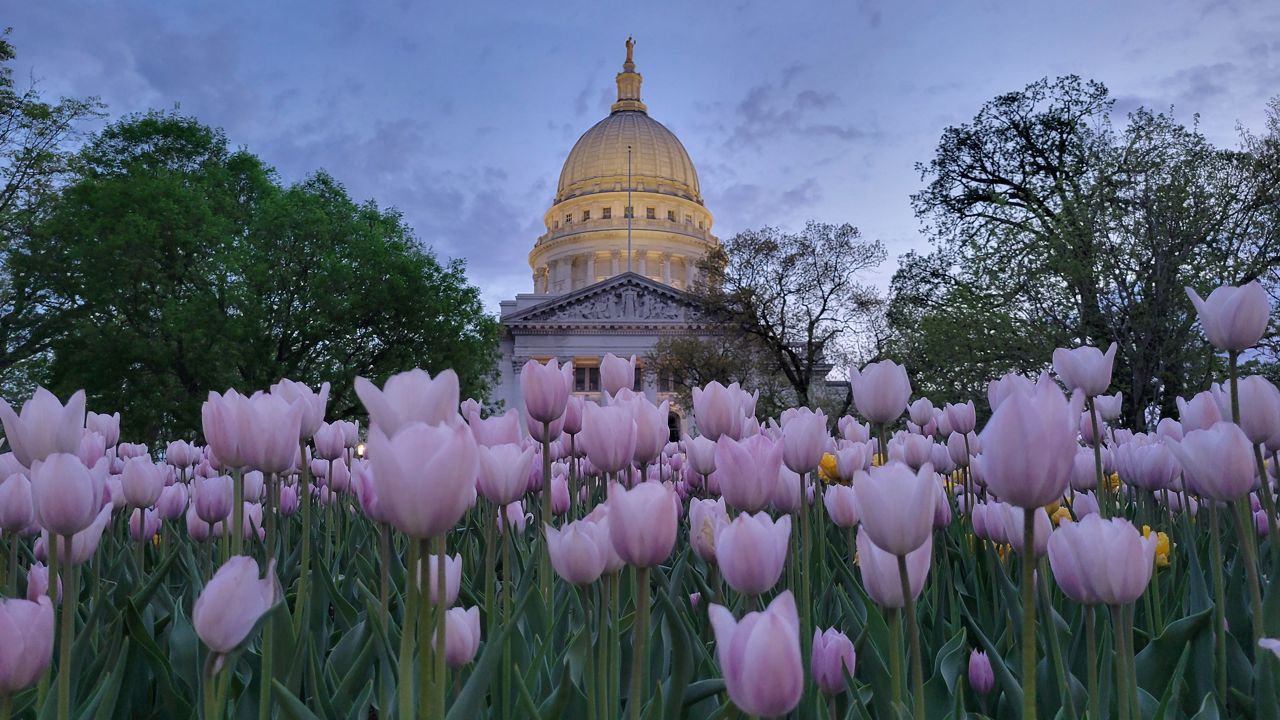GREEN BAY, Wis. — The first month of the year brought some arctic temperatures to Wisconsin, but not much snow to go along with it.
Milwaukee and Madison had their driest January on record. Milwaukee recorded just over 3 inches of snow for the month. Madison had just under 2 inches. That's about a foot less than the average snowfall in January for both cities.
Some of the northern-most and southeastern counties are in the midst of a moderate drought, according to the most recent drought data from the Wisconsin Department of Natural Resources (DNR).
Monday’s snowfall was welcome by farmers, but some fear it may not be enough.
Kerry Bruntz is the owner of Sunny Hill Farm in Green Bay. He’s been a Wisconsin farmer for over 40 years and said 2025’s weather is like none other.
"It's been a really unusual year. I can't point to a year that I can remember where it was just like this," Bruntz said.
It’s hard to tell now, but in the spring and summer Bruntz's fields are filled with fruit and vegetable crops, including strawberries, corn and tomatoes.
Strawberries are big business for Sunny Hill Farm's U-pick farm.
Bruntz said these few inches of snow are important because it shields his ruby reds from Wisconsin’s unpredictable weather.
"The snow acts as insulation for a crop like strawberries, that needs to lay dormant over the winter and then come back to life. Without that insulation, the crop could potentially be harmed by severe cold weather," Bruntz said.
Bruntz, like many farmers across the state, is thankful for this blanket of snow.
Parts of the state are in a snow deficit.
Derek Orth is with the Wisconsin Farm Bureau Federation. Orth said this lack of snow could have a negative impact on future harvests.
After weathering more than 40 growing seasons in Wisconsin, Bruntz said he’s not pushing the panic button just yet.
"We're hoping. But again, we'll have to wait and see if there was anything, any harm. We'll just keep our fingers crossed,” Bruntz said.











_crop)
